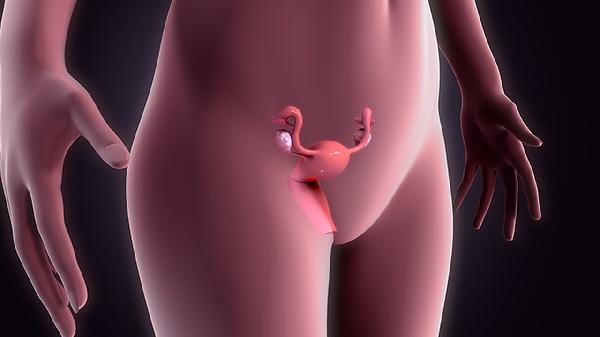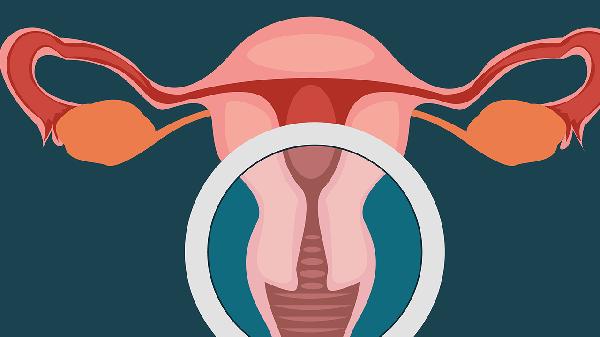Holding in urine is something many people do quite often, whether male or female. If they are busy or engaged in important tasks, they might delay urination. However, frequent urination is crucial for the body, especially for women. Regularly holding in urine can lead to various health issues.
What diseases can frequent urine retention cause in women?
1. Leading to vaginitis
Due to the unique physiological structure of women, their urethras are shorter, and the distance between the urethra and vaginal opening is relatively close. Frequent urine retention can cause bacteria in the urine to lead to urinary tract infections, which can then spread to the vagina, resulting in vaginitis. Vaginitis is particularly troublesome for women because it is hard to cure completely and can significantly impact their daily lives.
2. Causing urinary incontinence
The sphincter muscles control the flow of urine from the bladder to the urethra. Prolonged urine retention can weaken these muscles, leading to a loss of control over urination and resulting in urinary incontinence. Women who have given birth may have weaker sphincter muscles. If they continue to hold in urine, their sphincter function may further decline, making urinary incontinence more likely.
3. Resulting in retroverted uterus
The female reproductive organs and bladder are both located in the pelvic cavity, with the uterus positioned behind the bladder. When the bladder is full from prolonged urine retention, it can press against the uterus, causing it to tilt backward. Over time, this pressure can lead to issues such as difficult menstrual bleeding or even pain during intercourse.
4. Nephritis
Prolonged urine retention allows bacteria in the urine to remain in the bladder. These bacteria can travel through the bloodstream to other organs, with the kidneys being the most vulnerable due to their proximity to the bladder. This can lead to nephritis, the symptoms of which are often subtle and easily overlooked, potentially causing kidney disease to worsen.
In summary, women should avoid holding in urine whenever possible. Emptying the bladder promptly when the urge arises helps eliminate bacteria from the body and prevents their spread to other organs, reducing the risk of diseases. Additionally, staying hydrated by drinking plenty of water promotes urine production, helping to flush out toxins and waste from the body, thereby preventing illness and maintaining overall health.
























